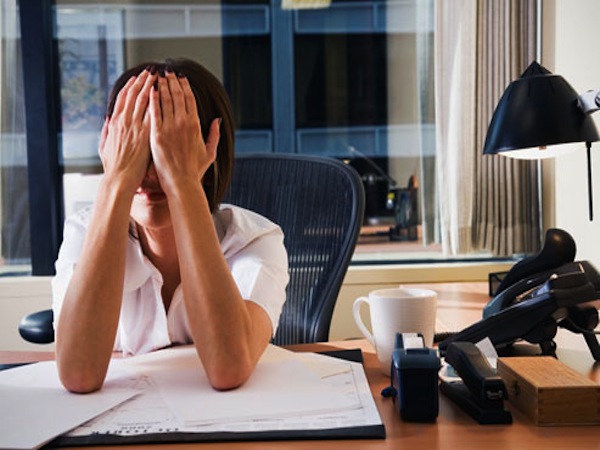Recent reports suggest that single women in Australia will need to work longer than women in relationships to secure a comfortable retirement.
David Knox, a senior partner at Mercer, told News.com.au that women who do not have a husband or partner wouldn’t have anyone to relieve the financial hardship once they stop working.
“About two-thirds of people when they retire are in a couple’s situation,” Mr Knox said.
“But for single women, and for those who have had children, it’s a big concern because they don’t have a partner’s support and there is no easy fix or silver bullet.”
Why are single women largely affected by the financial strains of retirement? Multiple findings suggest the gender pay gap, which is currently the highest it has been since the Australian Bureau of Statistics (ABS) started collecting data.
Figures from the ABS show a jump in the gender pay gap from 1.4 per cent to 18.8 per cent since November 2013. The gap also increased 0.7 per cent since the last figures were collected in May 2014.
Clare Buttner, spokesperson for the Workplace Gender Equality Agency (WGEA), told upstart that Australia was ranked 63rd out of 142 countries for wage equality, according to The World Economic Forum.
“This figure is a high level figure but tells us that, overall, women working full-time continue to earn less than men who are working full-time. These factors limit their ability to accumulate wealth at the same rate as men during their careers,” Ms Buttner says.
“Women and men tend to go into different industries and occupations, and it is certainly true that many female-dominated industries and occupations have been historically undervalued.”
A report by the WGEA states that Victorian women would have to work an extra 52 days per year to catch up to the level of income received by males. According to the report, the weekly earnings of women working full-time were $1,289.30 per week, compared to men who earned an average of $1,587.40.
The highest pay gap was found in the financial and insurance industries at nearly 30 per cent. This was closely followed by the health and social industries at around 29 per cent.
Knox claims part-time work and maternity are other reasons single women may face challenges when it comes to a financially secure and comfortable retirement.
The retirement age in Australia is expected to rise to 70 by 2035. With many Australians facing 20 to 25 years in retirement, he believes the answer for single women is to work longer and harder than ever.
“It’s not that we all have to work full time until 75, but I think it could be a case of phasing down to two or three days per week,” he said.
“For some people it could be taking on a different sort of job that requires less pressure.”
However, Ms Buttner says that women are already doing the bulk of society’s unpaid work, such as caring for children or the elderly.
“This unpaid work is of significant benefit to the economy, so I don’t think it’s fair to say that women should have to work more than men,” she says.
Buttner would like to see the pay gap abolished completely and suggests this rests largely with the nation’s political leaders.
“We are now seeing more and more leaders who are putting the issue of gender equality firmly on the agenda,” Buttner says.
“If these leaders are able to convert their good intentions into strategic action plans to boost gender equality, then we will see more women in management, smaller gender pay gaps and ultimately a more productive workforce.”
According to the WGEA report, women working full-time earn $298.10 less per week than men. Closing this gap and promoting equal opportunities could help financially independent women secure a more stable retirement.
Tijan Biner is a third-year Bachelor of Journalism student at La Trobe University. You can follow her on Twitter: @tijanb.



